Search
Search Results
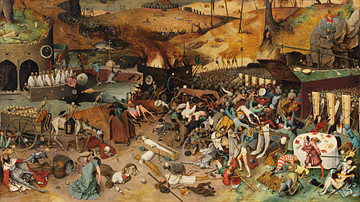
Article
Plague in the Ancient & Medieval World
The word 'plague', in defining a lethal epidemic, was coined by the physician Galen (l. 130-210 CE) who lived through the Antonine Plague (165 - c. 180/190 CE) but the disease was recorded long before in relating the affliction of the Plague...
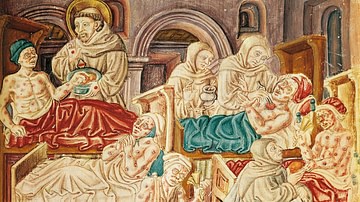
Article
Reactions to Plague in the Ancient & Medieval World
Throughout history, epidemics and pandemics of plague and other diseases have caused widespread panic and social disorder even, in some instances, when the people of one region were aware of a pervasive infection elsewhere. In the case of...

Article
Plagues of the Near East 562-1486 CE
Disease has been a part of the human condition since the beginning of recorded history – and no doubt earlier – decimating populations and causing widespread social upheaval. Among the worst infections recorded is the plague which...

Article
Game Review: A Plague Tale: Innocence
A Plague Tale: Innocence is a true masterpiece of interactive storytelling. The video game (console versions on Amazon, PC version on Steam) takes the player back to medieval France. The country is troubled by both the Hundred Years' War...

Article
The Plague at Athens, 430-427 BCE
In the second year of the Peloponnesian War, 430 BCE, an outbreak of plague erupted in Athens. The illness would persist throughout scattered parts of Greece and the eastern Mediterranean until finally dying out in 426 BCE. The origin of...
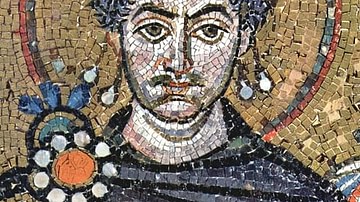
Article
Justinian's Plague (541-542 CE)
During the reign of the emperor Justinian I (527-565 CE), one of the worst outbreaks of the plague took place, claiming the lives of millions of people. The plague arrived in Constantinople in 542 CE, almost a year after the disease first...
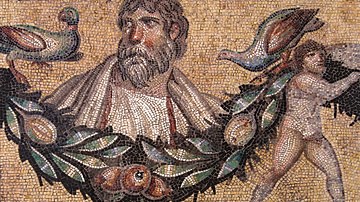
Article
Thucydides on the Plague of Athens: Text & Commentary
The Plague of Athens (429-426 BCE) struck the city, most likely, in 430 BCE before it was recognized as an epidemic and, before it was done, had claimed between 75,000-100,000 lives. Modern-day scholars believe it was most likely an outbreak...

Article
Plague of Cyprian, 250-270 CE
The Plague of Cyprian erupted in Ethiopia around Easter of 250 CE. It reached Rome in the following year eventually spreading to Greece and further east to Syria. The plague lasted nearly 20 years and, at its height, reportedly killed as...
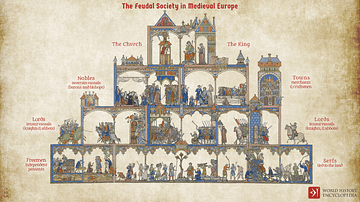
Article
Effects of the Black Death on Europe
The outbreak of plague in Europe between 1347-1352 – known as the Black Death – completely changed the world of medieval Europe. Severe depopulation upset the socio-economic feudal system of the time but the experience of the plague itself...
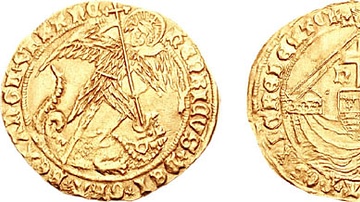
Definition
King's Evil
The king’s evil (from the Latin morbus regius meaning royal sickness), more commonly known as scrofula or medically tuberculous lymphadenitis, was a skin disease believed to be cured by the touch of the monarch as part of their inherited...